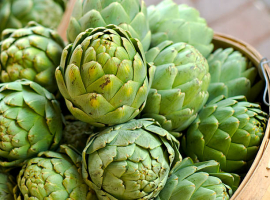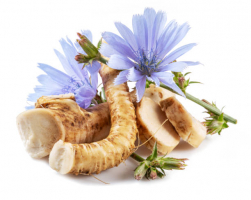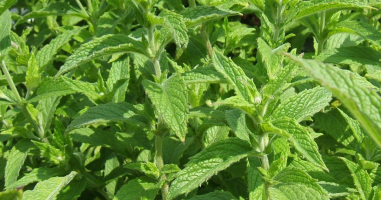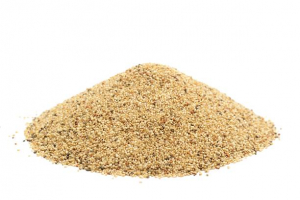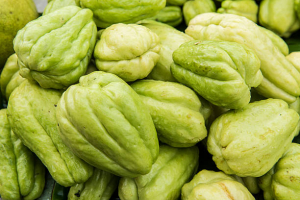Top 10 Health Benefits of Turmeric and Curcumin
Turmeric is a spice that may be the most effective nutritional supplement on the market. Turmeric has been shown in much high-quality research to have ... read more...significant benefits for your body and brain. Curcumin, the main active component, is important for many of these benefits. Let's find out some of the Health Benefits of Turmeric and Curcumin below!
-
Curcumin, a substance found in turmeric, has potent anti-inflammatory and antioxidant properties. In fact, turmeric has a low curcumin content. By weight, it amounts to roughly 3%. So the majority of research uses turmeric extracts that have been standardized to have high levels of curcumin.
The studies on this herb use turmeric extracts that are mainly curcumin, with daily doses often surpassing 1 gram. It would be quite difficult to get these levels just by adding turmeric to your food. This is why some people choose to take supplements. Curcumin, on the other hand, is poorly absorbed into the bloodstream. Curcumin's bioavailability (the rate at which your body absorbs a substance) should improve in order to get its full benefits. Consuming it with black pepper, which contains piperine, is good. Piperine is a natural substance that boosts curcumin absorption by 2,000 %.
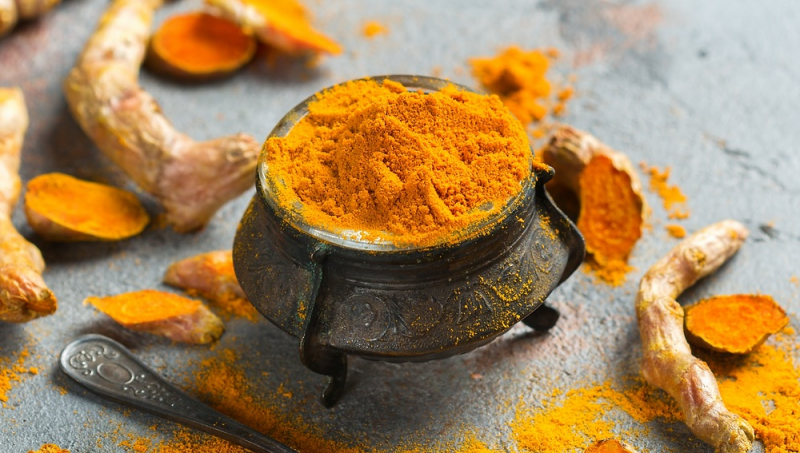
Turmeric contains medicinally useful bioactive compounds 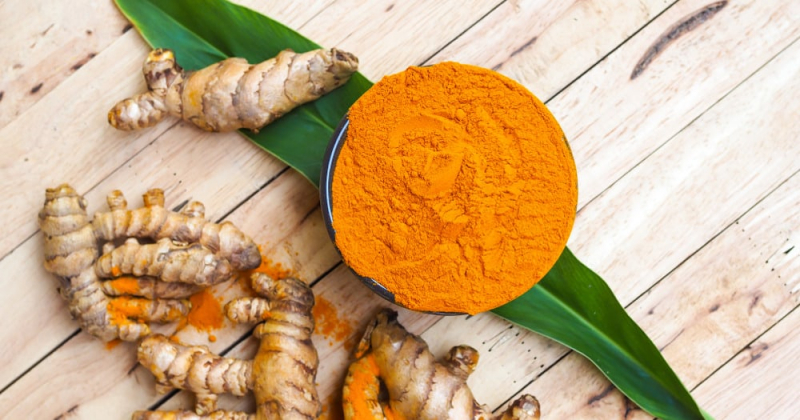
Turmeric contains medicinally useful bioactive compounds -
Turmeric is well-known for its potent anti-inflammatory properties. People overlook the fact that it is also an excellent antioxidant. Plant-based antioxidants promote health, slow the aging process, and may even prevent disease. Consuming more fruits and vegetables, as well as other plant-based foods and natural supplements like turmeric extract, is a safer and more efficient way to increase antioxidant levels.
Turmeric is a powerful antioxidant that is 5 to 8 times stronger than vitamin E and 10 times stronger than vitamin C. Turmeric is also more powerful than natural sources like grape seed, eugenol (from cloves), and capsaicin (from cayenne). When it comes to fighting the highly reactive free radical hydroxyl radical, curcumin supplements surpass other antioxidants. Turmeric's antioxidant properties help the body in a variety of ways, including lowering the levels of reactive and dangerous free radicals.
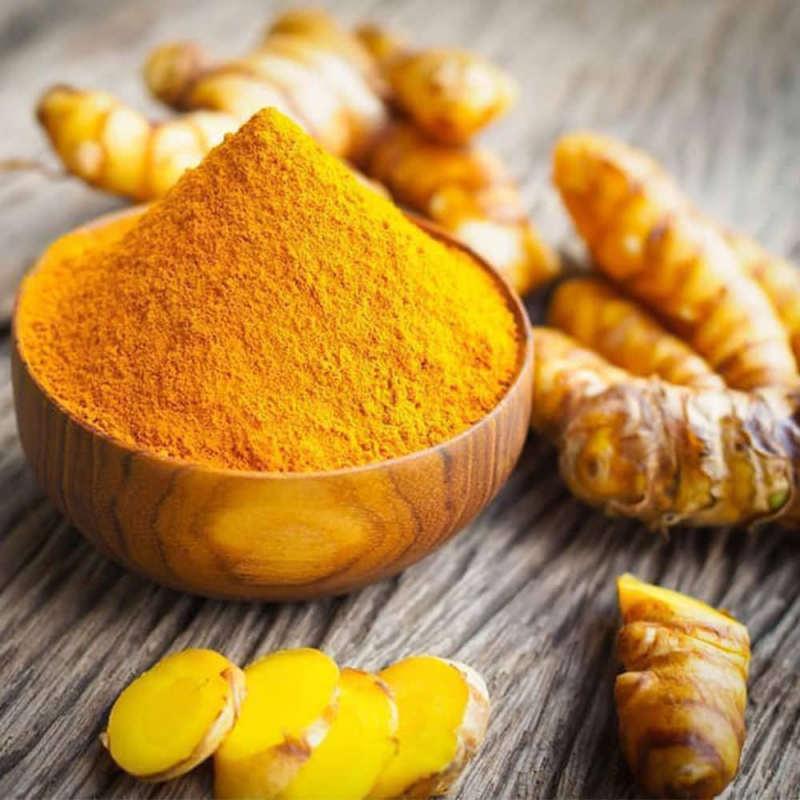
Turmeric can improve the body's antioxidant capacity 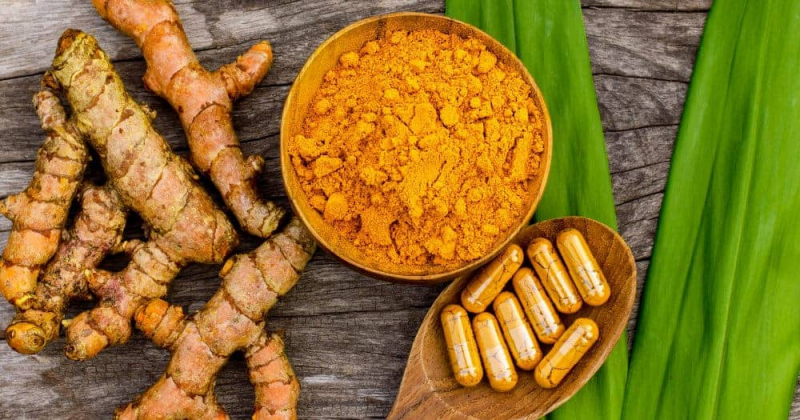
Turmeric can improve the body's antioxidant capacity -
Chronic low-level inflammation is now thought to play a role in a variety of health conditions and diseases, according to scientists. These consist of heart disease, cancer, metabolic syndrome, Alzheimer’s disease, and various degenerative conditions.
Curcumin, a natural compound found in the rhizomes of the plant Curcuma longa Linn., has been shown to have anti-inflammatory properties in scientific studies. Curcumin inhibited arachidonic acid metabolism, cyclooxygenase, lipoxygenase, cytokines (Interleukins and tumor necrosis factor), Nuclear factor-B, and steroidal hormone release. Turmeric may be effective for chronic conditions when inflammation begins to harm body tissues. Patients with ulcerative colitis who took 2 grams of curcumin per day in addition to their prescription medication were more likely to stay in remission than those who only took the medicine.
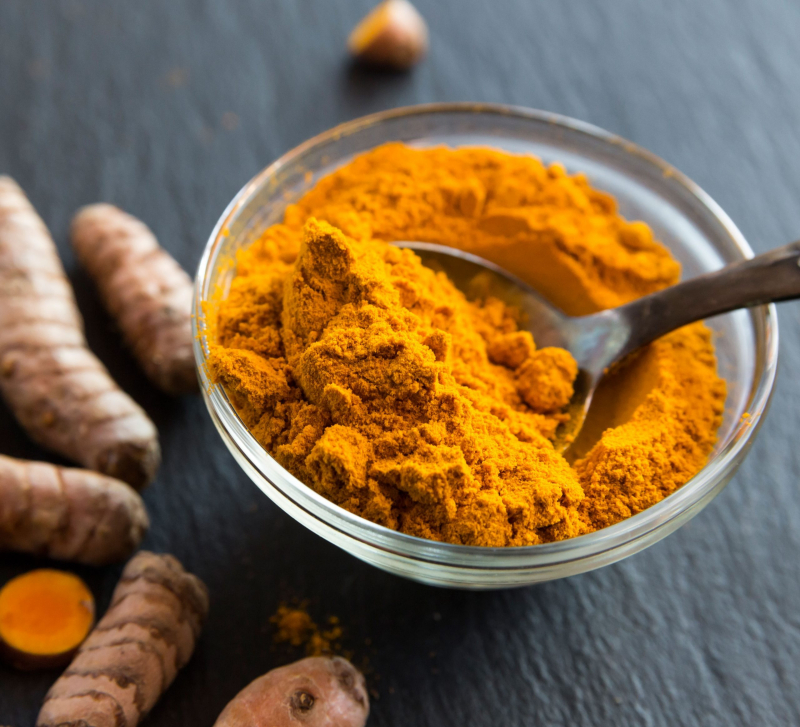
Curcumin is a natural anti-inflammatory compound 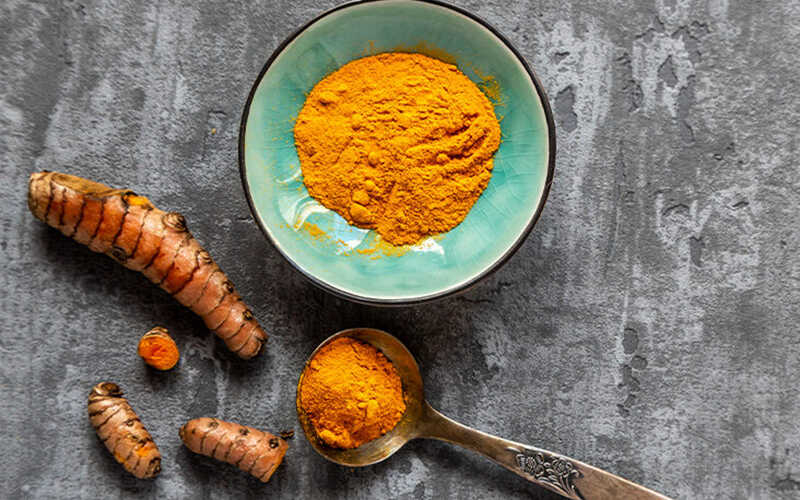
Curcumin is a natural anti-inflammatory compound -
It was thought that neurons couldn't divide and multiply after early childhood before scientists had a better understanding of them. Neurons have the ability to make new connections and can multiply and increase in quantity in certain areas of the brain. Brain-derived neurotrophic factor is one of the key drivers of this process (BDNF).
Curcumin has been shown in animal studies to increase BDNF levels in the brain. It may be possible to delay or even cure many brain diseases and age-related declines in brain function. However, because these studies were conducted on animals, it's difficult to say what the results signify for humans. The amount of brain-derived neurotrophic factor (BDNF), which is needed for normal neuronal function and energy homeostasis and has been associated with enhanced cognitive function, may be greatly increased by taking a curcumin-enriched iron supplement for six weeks.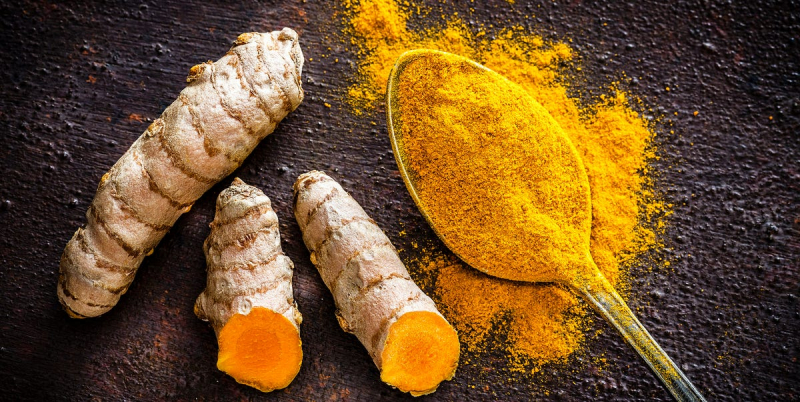
Curcumin can boost brain-derived neurotrophic factor 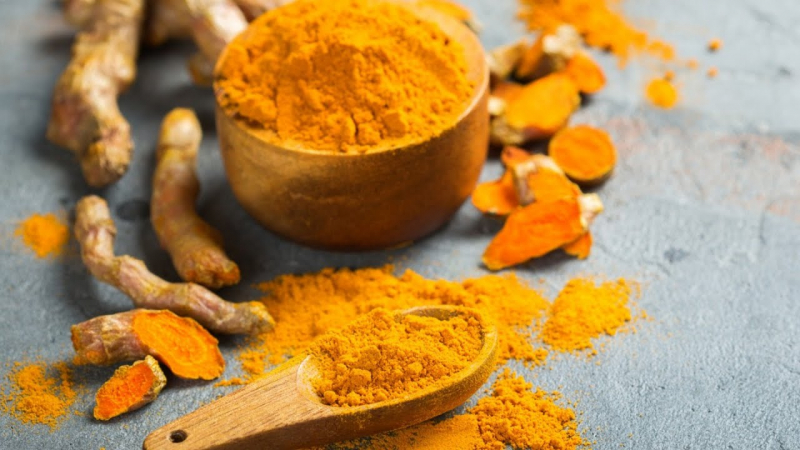
Curcumin can boost brain-derived neurotrophic factor -
Heart disease is the leading cause of death worldwide. Researchers have been studying it for decades and have discovered a lot about why it happens. Heart disease is quite complicated, and many factors contribute to it. Many steps in the heart disease process may be reversed using curcumin. Curcumin's main benefit in terms of heart disease is that it improves the function of the endothelium, which lines your blood vessels. Endothelial dysfunction is a key risk factor for cardiovascular disease. When your endothelium is unable to regulate blood pressure, blood clotting, and other factors, you will get this disease.
Curcumin has been associated with enhanced heart health in several studies. Curcumin can also help decrease inflammation and oxidation (as mentioned above), all of which can lead to heart disease. Researchers gave 121 participants having coronary artery bypass surgery either a placebo or 4 grams of curcumin per day for a few days before and after the surgery in one trial. In the hospital, the curcumin group had a 65% lower risk of having a heart attack.
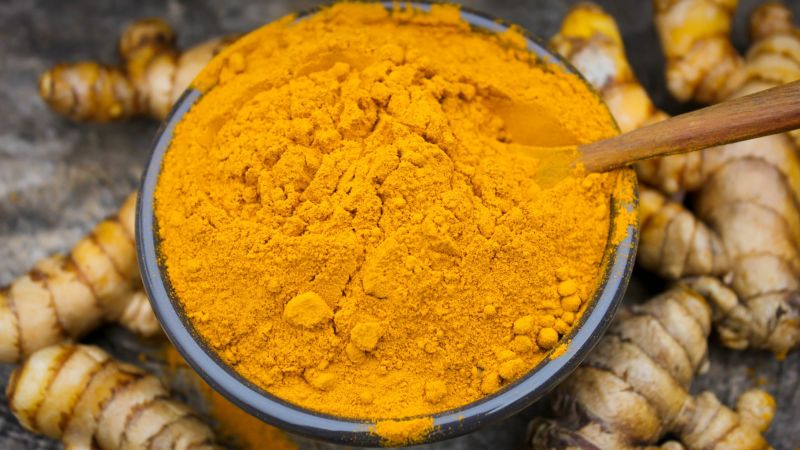
Curcumin may help lower your risk of heart disease 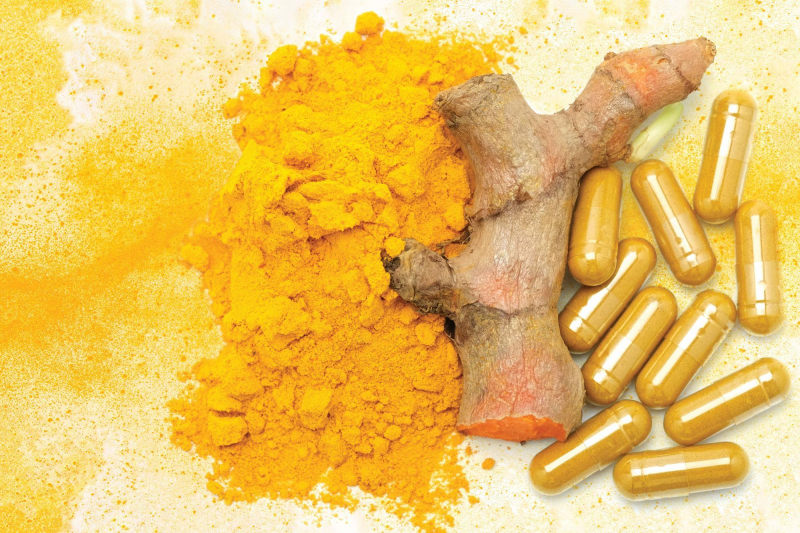
Curcumin may help lower your risk of heart disease -
Cancer is a disease in which cells grow out of control. Curcumin supplements appear to have an effect on many different types of cancer. Curcumin has been explored as a cancer treatment herb and has been discovered to suppress cancer growth and development. It has been demonstrated in studies that contribute to the death of cancerous cells, reduce angiogenesis (growth of new blood vessels in tumors) and reduce the metastasis (spread of cancer).
It is yet to be proven whether high-dose curcumin, preferably with an absorption enhancer like piperine, may help cure cancer in humans. However, there is evidence that it may help to prevent cancer in the first place, particularly cancers of the digestive system such as colorectal cancer. 4 grams of curcumin per day reduced the number of lesions in 44 men with lesions in the colon that can turn cancerous by 40% in a 30-day trial.
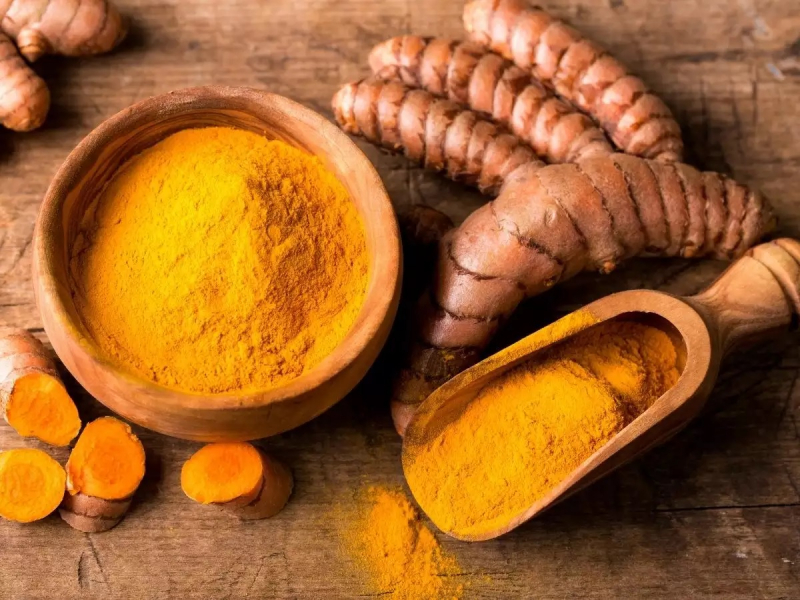
Turmeric may help prevent cancer 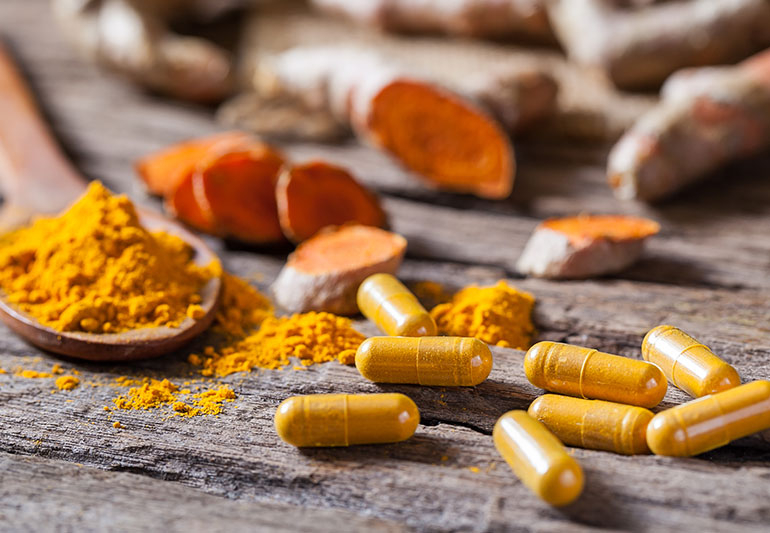
Turmeric may help prevent cancer -
Alzheimer's disease is the most common type of dementia, accounting for up to 70% of all cases. While there are treatments for some of the symptoms of Alzheimer's, there is still no cure. That is why it is critical to prevent it from occurring in the first place.
Curcumin has been demonstrated to cross the blood-brain barrier and has been shown to lead to various improvements in the pathological process of Alzheimer’s disease. Inflammation and oxidative damage are known to have a role in Alzheimer's disease, and curcumin possesses anti-inflammatory and anti-oxidant properties. A buildup of protein tangles known as amyloid plaques is also a crucial feature of Alzheimer's disease. Curcumin has been shown in studies to help remove these plaques. Curcumin's ability to reduce or even reverse Alzheimer's disease progression in people is currently unknown, and further research is required.
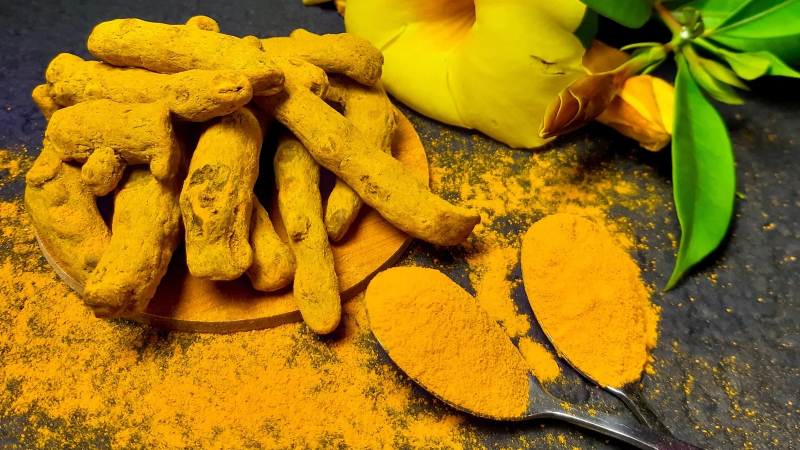
Curcumin might help in Alzheimer's disease treatment 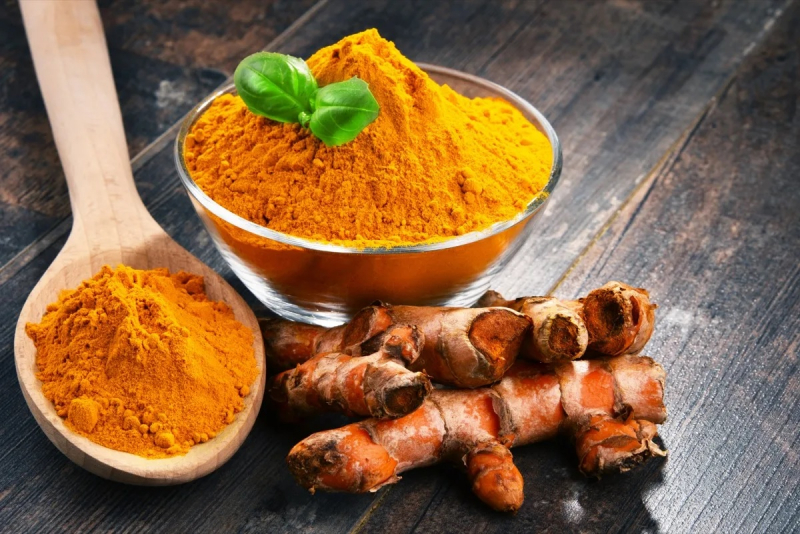
Curcumin might help in Alzheimer's disease treatment -
In Western countries, arthritis is a common problem. The most common type of arthritis is osteoarthritis, which is a degenerative joint disease. It usually affects persons in their older years. However, it can start in middle age or even earlier, especially if the joint has been injured.
Curcumin is a powerful anti-inflammatory compound, so it's no surprise that it might help with arthritis. In fact, several studies have found a link between the two. Curcumin proved even more effective than an anti-inflammatory drug in a trial of adults with rheumatoid arthritis. Curcumin may help relieve osteoarthritis pain, according to one research. Researchers included 139 participants with knee osteoarthritis symptoms in the trial. They had moderately severe symptoms that required the use of a nonsteroidal anti-inflammatory drug (NSAID). They were given diclofenac (50 mg twice daily) or curcumin for a month (500 mg, three times daily). And the result is that both treatments relieved arthritis symptoms and helped to a similar degree: 94% of those taking curcumin and 97% of those taking diclofenac reported at least 50% improvement.
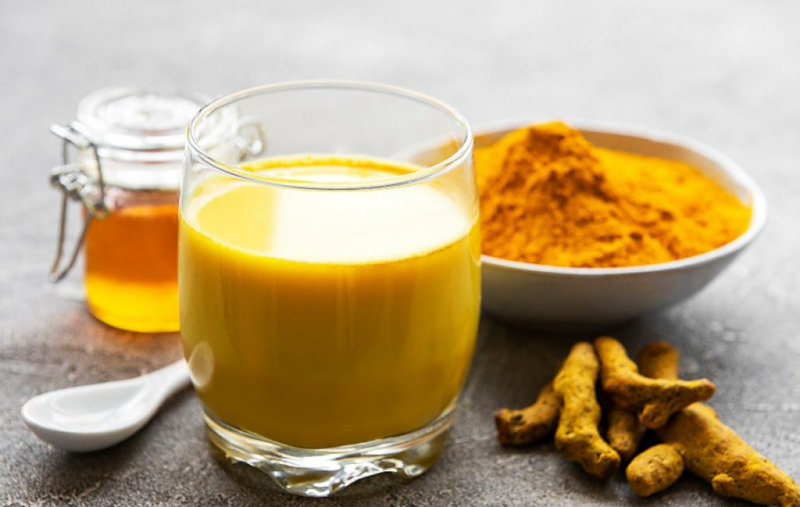
Curcumin supplements help patients with arthritis 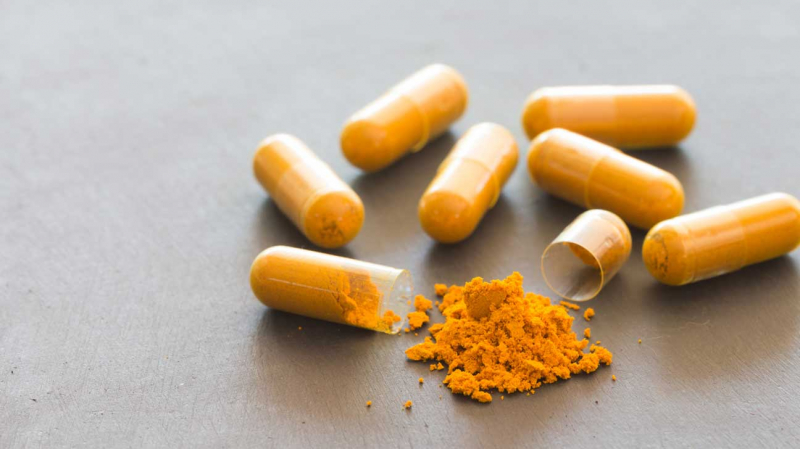
Curcumin supplements help patients with arthritis -
Curcumin has been demonstrated to be effective in the treatment of depression. In a randomized controlled trial, 60 depressed persons were divided into three groups. One group received Prozac, while another received 1 gram of curcumin, and a third received both Prozac and curcumin. Curcumin has produced results comparable to Prozac after 6 weeks. The group that received both Prozac and curcumin had the best results.
Curcumin is equally effective as an antidepressant, according to one small study. Reduced BDNF levels and a shrinking hippocampus, a brain region involved in learning and memory, have also been related to depression. Curcumin can assist to increase BDNF levels, which could help to reverse some of these changes. Curcumin has also been shown to increase the levels of the brain neurotransmitters serotonin and dopamine.
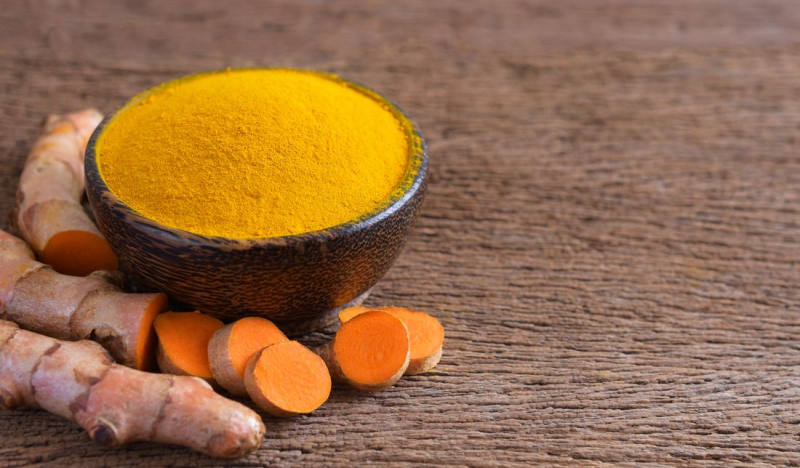
Curcumin has benefits against depression 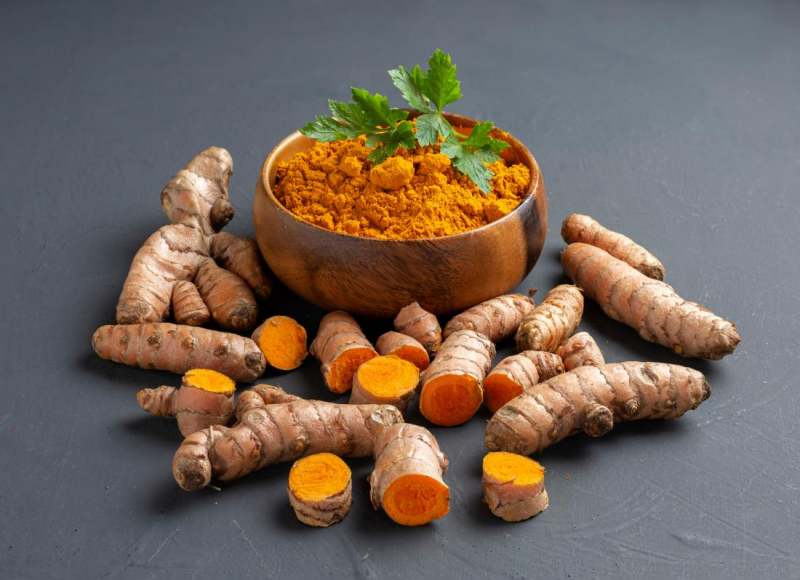
Curcumin has benefits against depression -
Human longevity and healthy aging are complex phenotypes influenced by both environmental and genetic factors such as physical activity, diet, health habits, and psychosocial situations. Diet and caloric restriction are important factors in aging well.
If curcumin can truly help prevent heart disease, cancer, and Alzheimer's disease, it may also help people live longer. Curcumin, a polyphenolic compound found in the Curcuma longa plant, has been demonstrated to have anti-aging properties. This shows curcumin might be useful as an anti-aging supplement. Curcumin and its metabolites have been shown to increase the mean lifetime of aging model organisms such as C. elegans, D. melanogaster, yeast, and mouse in recent studies on aging and age-related disease in model organisms. Furthermore, given that oxidation and inflammation are thought to play a role in aging, curcumin might have far-reaching effects beyond preventing disease.
Curcumin may help in the prevention and treatment of age-related chronic diseases 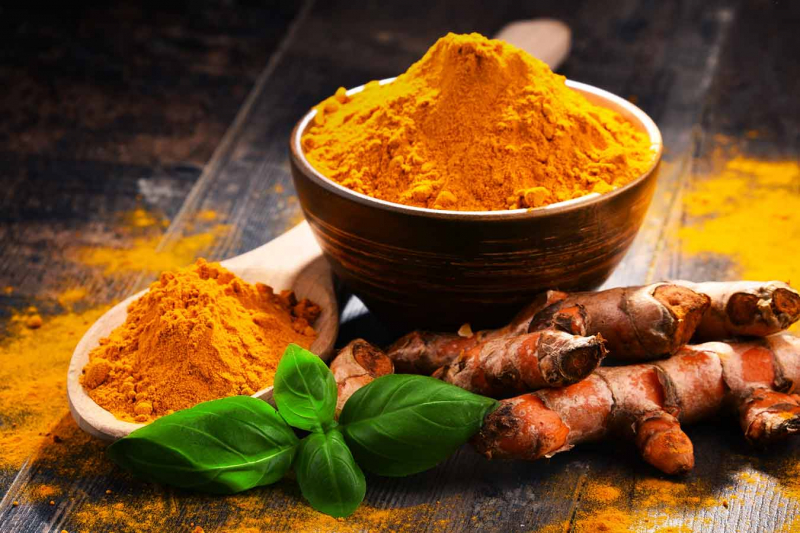
Curcumin may help in the prevention and treatment of age-related chronic diseases












